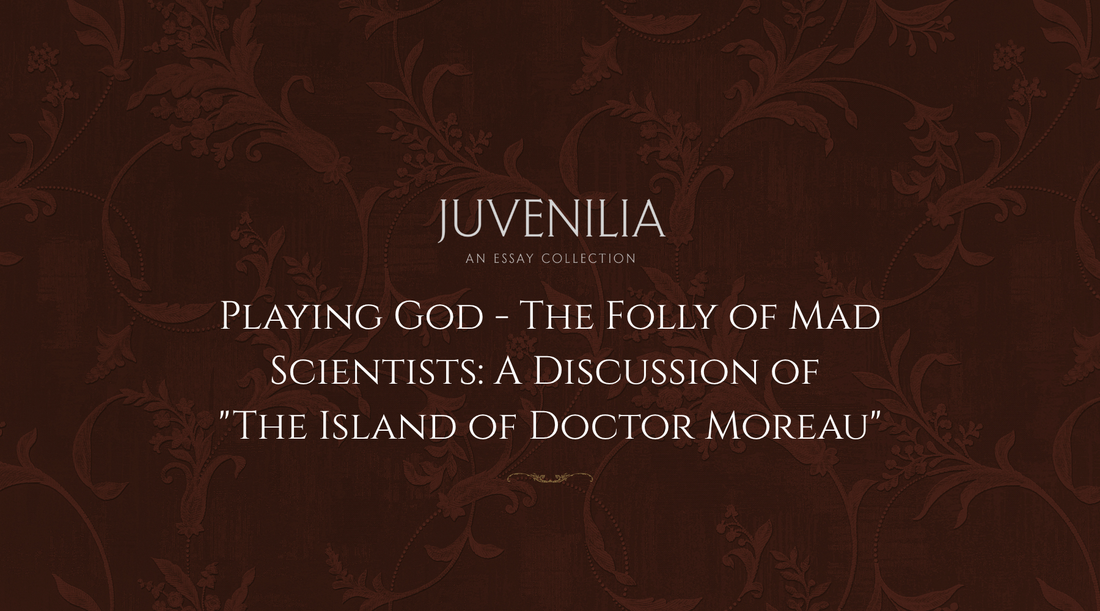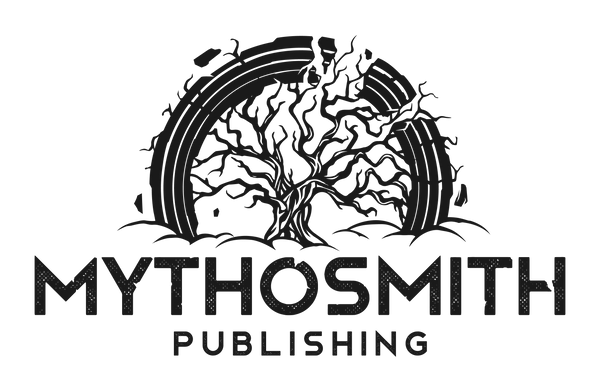
Playing God - The Folly of Mad Scientists: A Discussion of "The Island of Doctor Moreau"
The Island of Doctor Moreau explores scientific ethics, and despite the years that have passed, I think it’s as relevant as ever. The animal cruelty, the playing at God, the secrecy of their work and their removal from society are all things that need ethical and moral constraints. There is nothing to stop them from going too far, and we see that even in the beginnings of Doctor Moreau's experiments it was deemed too much. There are obvious applications to today's standards of science and products being tested on animals etc.
I had never read this book before, but I've read other works by H. G. Wells including The Time Machine and The Star. I didn't quite know what I was getting into, but I knew it would be scientific in nature, and would have ethical components, and Wells did not disappoint. I very much enjoy challenging literature - not in the sense that it's difficult to understand but challenging in the sense that it tackles sensitive issues in society and makes you think about 'right' and 'wrong'. Within science, which comparatively to other faculties is new, there is much about it that crosses lines if there is not legal interventions of some sort. The Holocaust was an event that aided much in the scientific community, but at stomach-wrenching costs. Science has as much propensity for good as it does for bad, and the extents that people will go can at times be terrifying. Doctor Moreau is a prime example of someone who would do whatever it took to achieve his aims. He made himself scarce to conduct experiments that were shut down by his own people -- pursuing his ideas despite being told it was not right. He played God, and I find it actually terrifying that it's as applicable today as it was when it was written. It makes you wonder how far we've come, truly, as a species.
We have made leaps and bounds in science, as an example, but have we progressed as a people on ethical or moral grounds? I think "progress" has many possible applications and the accuracy can be skewed depending on which axis the progress has indeed been made. I think the scientific regulations in place are certainly better than they were in Wells' time, but I think we are by no means done on that front. There is also a religious component to science: playing God. If God had intended for animals to be more human-like, they would be. To tamper with what is natural is a different kind of anxiety, and also one that is relevant today. I don't think there's ever been a time where more people have been atheist, and though that's a different discussion, there is something to be said about fearing a God-less land from the context of this book.
